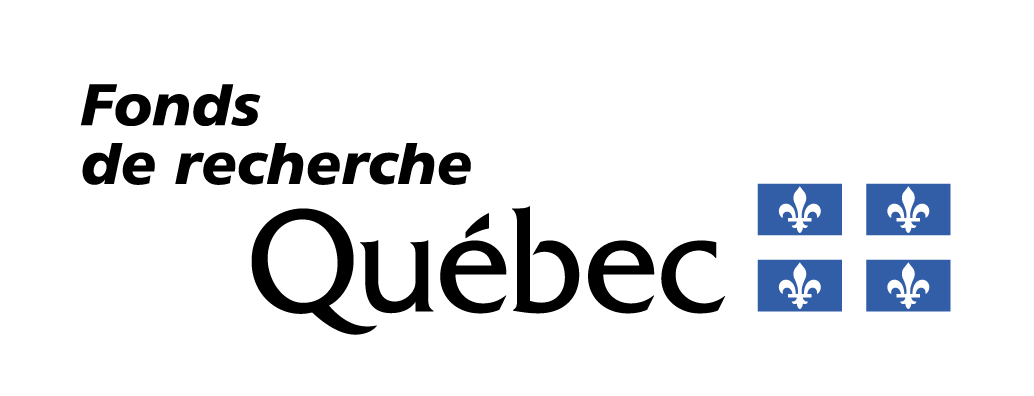- Agri-food
- Energy
- Recovery
Description
The project aims to develop a new way to recover liquid digestates from methanization by producing microalgae as a solution to reduce the cost of the feeding regime used to rear black soldier fly larvae, as well as the cost to dispose of the waters.
The proposed approach is to have a microalgae culture use the liquid digestates from methanization and then set out a feeding regime of microalgae and solid digestates.
What separates this proposal from others is the fact that it interweaves a circular innovation project in an emerging circular economy loop. The innovation lies in the development of a less costly feeding regime to rear black soldier fly larvae whose main component is the production of microalgae from liquid digestate from methanization (a waste).
This new approach to liquid digestate management and the production of edible and decomposer insects fits seamlessly into the circular economies of several cities and regions across Québec and around the world.
Affiliated research axes
Axis 2: Planning Optimization
2.4 – Plan and optimize the production of products and delivery of services in the context of the circular economyAxis 3: Resource and Product Maximization
3.2 – Develop a conceptual framework of tools that may be mobilized to identify better circularization scenarios for products, components and resources at the end of their life cycles3.3 – Identify models for product circularization strategies
Collaborators
Kokou Adjallé
INRS Centre eauCéline Vaneeckhaute
Université LavalMarc-André Déry
InnofibreFrédéric Marier
NutrimagoKarméla Beaudouin
NutrimagoDaipiero Gomez
Université LavalDeliverables and spin-offs
-
Summary of project results
-
Towards circular agriculture, the agriculture of the future
Article published in La Nouvelle Union -
The first edition of circularity, a competitive advantage for manufacturers
Conference at the CRIBIQ 2023 Symposium -
The Quebec bioeconomy : challenges, issues and solutions for a sustainable future
Conference at the CRIBIQ 2023 Student Symposium
